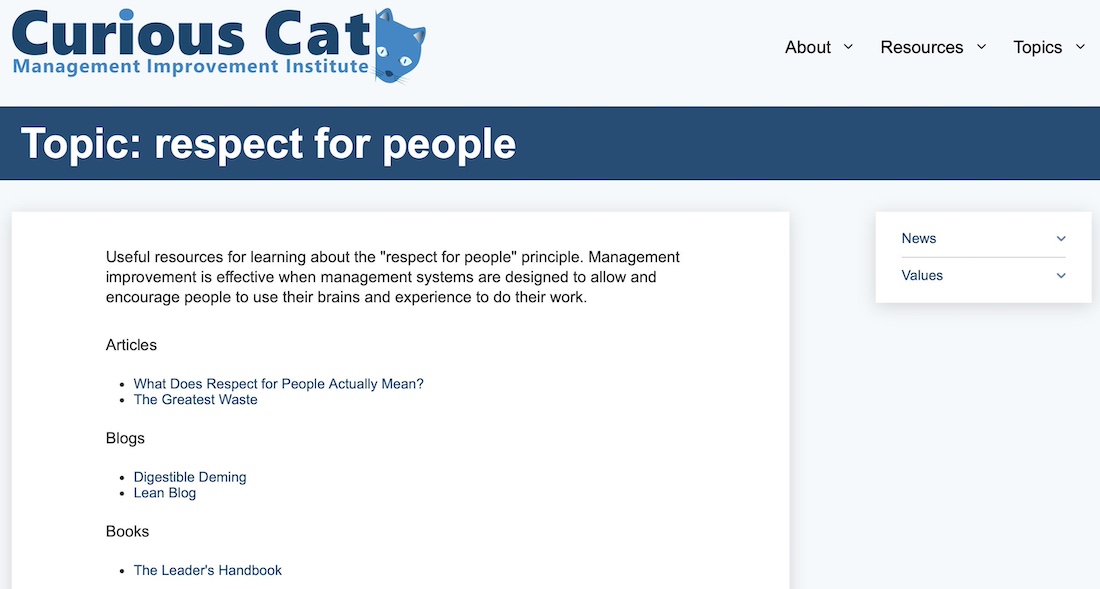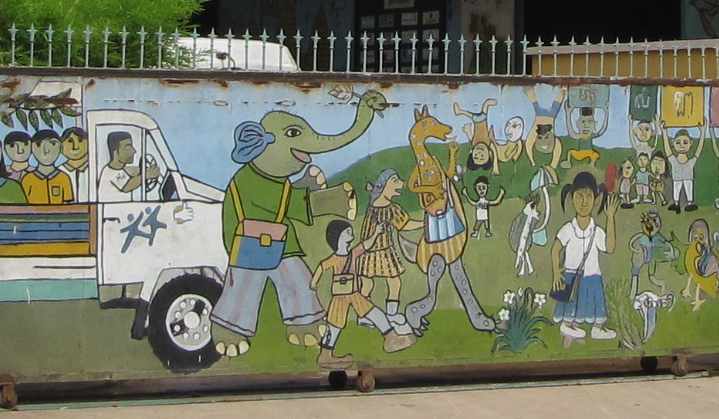Quality is a Journey to Excellence is a 2 day management seminar that Bill Hunter (my father) recorded in 1985 in Green Bay, Wisconsin. The embedded clip shows the third section of a the seminar on improving the system.
Deming has this pithy way of putting a lot of the problems along those lines and what he says is: “Lets play American industry and we’ll make toast. I’ll burn and you scrape.”
These links provide more details on ideas he discussed in the seminar:
- Interview of Bill Hunter, Brian Joiner and Peter Scholtes on Better Management Practices – where they discuss the improvement efforts at the City of Madison that Bill mentions in the seminar in more detail.
- Doing More with Less in the Public Sector – A Progress Report from Madison, Wisconsin
- Customer Focus: Cater to Customers Desires to Achieve Customer Delight – To serve customers, a thorough understanding of what problem you solve for customers is needed – What Could we do Better? – Stated Versus Revealed Preference
- Keys to the Effective Use of the PDSA Improvement Cycle – how to make improvements (changes) while gathering evidence on what is working, and what changes do not result in improvement.
- In the video Bill talks about the Santayana principle (learning from history). This link is related, though from the perspective of Russell Ackoff’s ideas: Write it Down.
- Cause and effect diagram (fishbone diagram)
- Inspection is too late. The quality, good or bad, is already in the product – Cease Mass Inspection for Quality
- Ford and Managing the Supplier Relationship
- Quality In The Community One City’s Experience – Quality Comes to City Hall
– customer focus must focus on the end users
Related: Design Your Organization to Serve Customers Well – Quality is a Journey to Excellence (part one)








